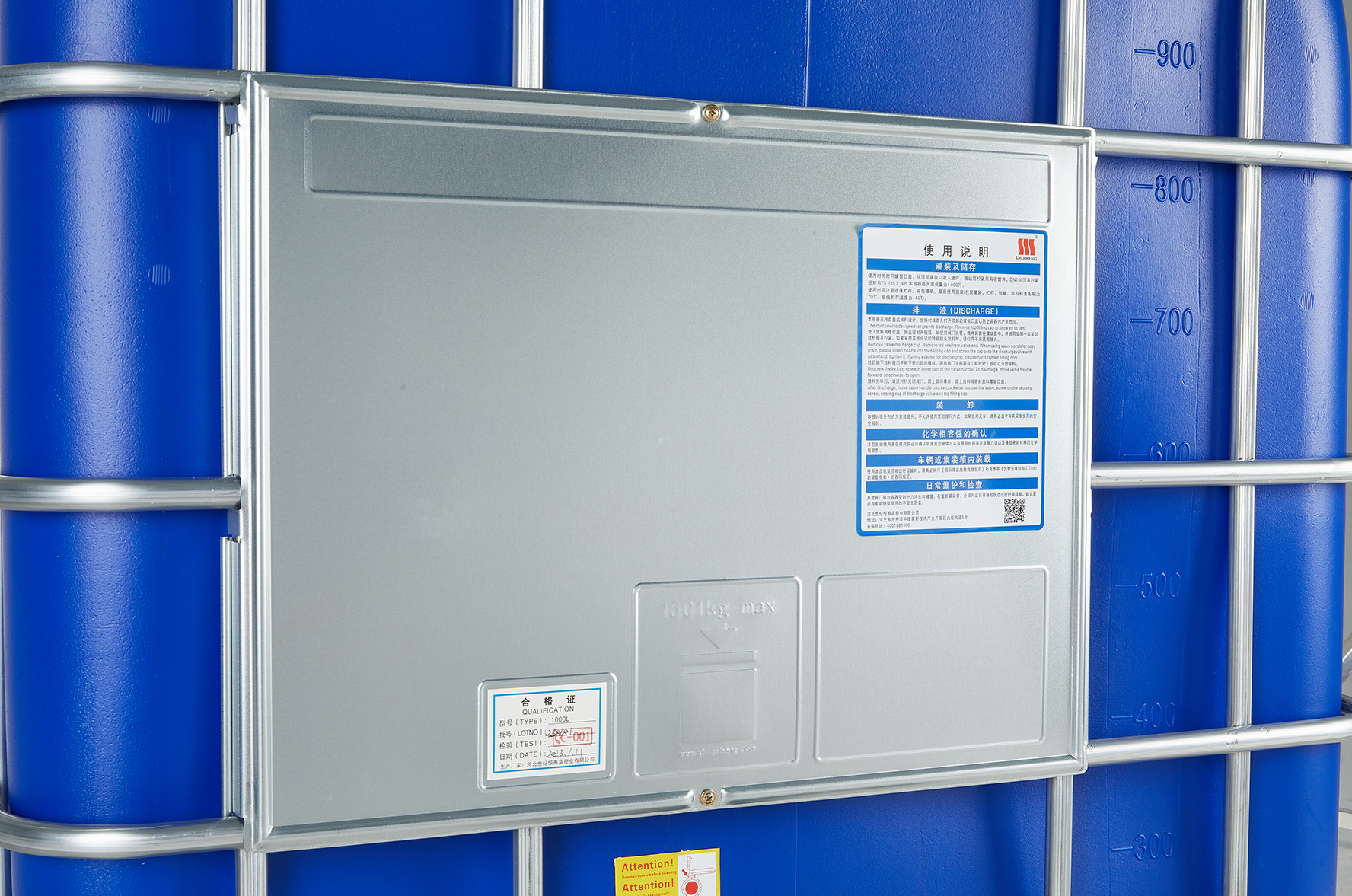23
2025
-
05
Why IBC Containers Are the Ultimate Choice for Safe Chemical Transport
Why IBC Containers Are the Ultimate Choice for Safe Chemical Transport
Hey there! If you’re in the chemical industry, you’ve probably heard about IBC containers (Intermediate Bulk Containers). But do you know why they’re the go-to solution for transporting hazardous chemicals? Let’s break it down in simple terms—no jargon, just the facts you need to keep your shipments safe, efficient, and compliant.

What Are IBC Containers?
IBC containers are large, reusable tanks designed to store and transport liquids, powders, and hazardous chemicals. Think of them as the “Goldilocks” of packaging—not too big (like industrial tanks), not too small (like drums), but just right for moving bulk quantities safely. They typically hold 1,000 to 3,000 liters and come in materials like stainless steel, plastic, or composite blends.
Why Use IBC Containers for Chemical Transport?
Safety First!
Leak-Proof Design: IBCs are built with reinforced walls and secure valves to prevent spills, which is crucial for toxic or flammable chemicals. For example, some models feature anti-static coatings and flame-retardant materials to meet strict safety standards.
Compliance with Regulations: The IBC Code (International Bulk Chemical Code) sets strict rules for transporting hazardous materials by sea. Using certified IBC containers ensures you meet guidelines like MARPOL Annex II and SOLAS, avoiding fines or shipment delays.
Cost-Effective & Eco-Friendly
Reusable: Unlike single-use drums, IBCs can be cleaned and reused multiple times, cutting down on waste and costs. Some even have replaceable inner liners for easy maintenance.
Space-Saving: Their stackable design maximizes storage space in warehouses and during transit.
Built for Tough Conditions
UV Protection: Chemicals like fertilizers or pharmaceuticals can degrade in sunlight. UV-resistant IBCs block harmful rays to keep contents stable.
Temperature Control: Specialized “E-IBCs” with heating elements maintain product quality for temperature-sensitive chemicals (e.g., food additives or high-acid liquids).
Types of IBC Containers
Not all IBCs are created equal! Here’s a quick guide:
Stainless Steel IBCs: Ideal for corrosive chemicals (like acids) due to their durability and resistance to rust. They dominate 67% of the global market.
Plastic IBCs: Lightweight and affordable, perfect for non-reactive chemicals. Look for UN-certified options for hazardous materials.
Composite IBCs: Combine steel frames with plastic liners for a balance of strength and chemical resistance.
How to Choose the Right IBC Container
Check the Material Compatibility: Always cross-reference your chemical’s MSDS/SDS sheet (Material Safety Data Sheet) to ensure the container won’t react with your product.
Verify Certifications: Look for UN approval and compliance with the latest IBC Code amendments (e.g., 2021 updates requiring gas detection systems for toxic substances).
Consider Logistics: Need to ship by sea? Opt for IBCs with pressure relief valves and venting systems to handle temperature changes during transit.
Real-World Applications
Industrial Chemicals: IBCs safely transport sulfuric acid, solvents, and adhesives.
Pharmaceuticals: Stainless steel IBCs maintain purity for sensitive ingredients.
Food & Beverages: UV-resistant containers protect flavors and colors from sunlight damage.
The Future of IBC Containers
The global IBC market is booming—it’s projected to hit $18.42 billion by 2032, driven by stricter safety regulations and demand from industries like electric vehicles and renewables. Innovations like smart sensors for leak detection and IoT-enabled tracking are also on the rise!
Final Thoughts
Whether you’re moving acids, pharmaceuticals, or food-grade liquids, IBC containers offer a safe, efficient, and eco-friendly solution. Just remember to:
Stick to certified suppliers.
Stay updated on regulatory changes (like the 2021 IBC Code revisions).
Prioritize material compatibility.
Got questions? Drop them below—we’re here to help you ship smarter, not harder!
IBC container for chemical transport,advantages of IBC containers,how to choose IBC containers,IBC Code compliance,chemical shipping safety





